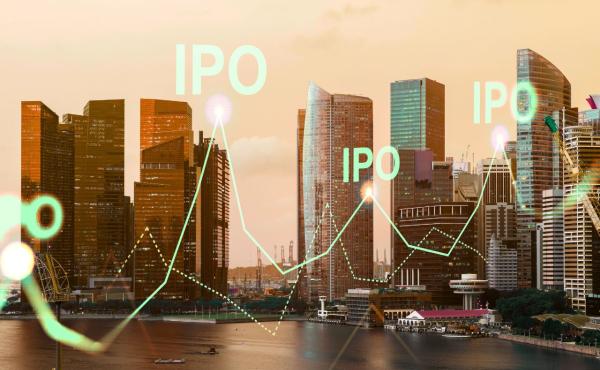
The ECGI blog is kindly supported by

Shareholder Voting Must Account for Systemic Risk
Recent developments in the United States include a determined resistance to the role of shareholders in addressing environmental, social, and systemic concerns through proxy voting and engagement. In several jurisdictions, political actors have questioned whether such matters belong in the corporate governance arena at all. This reactionary posture has implications far beyond U.S. borders and deserves close attention from scholars and practitioners of corporate governance.
The backlash is often framed as a critique of environmental, social, and governance (ESG) investing. Its most aggressive forms deny even the possibility that ESG issues may be material to the financial performance of individual firms, rejecting the reality that irresponsible practices—such as unchecked greenhouse gas emissions and human rights abuses—can impose direct costs on companies themselves.
These errors can be refuted, but arguing over the relationship between a company’s sustainability and its own financial performance misses a critical point: the external impact that a company’s actions have on the systems that are critical to investors’ overall portfolio returns.
The bulk of the financial performance of most portfolios is driven by overall market returns rather than the relative performance of individual companies. This means that investors are highly exposed to the costs companies impose on each other and on the broader economy. For most investors—and in particular, asset owners such as pension funds—individual company practices that contribute to systemic costs (such as global warming, social instability, or erosion of democratic norms) threaten overall portfolio returns, even if the portfolio companies engaging in such practices appear to be optimizing their own performance.
From this vantage point, shareholders have a legitimate reason—arguably an imperative—to use their governance rights and other tools to mitigate these systemic harms, and even to prioritize the systemic impact of their stewardship over its effects on individual companies. This is not engaging in values-based or political investing, but rather responding to risks that could undermine the critical systems on which long-term portfolio returns depend. This perspective complements—but does not rely upon—the claim that ESG risks are material at the individual firm level. It acknowledges that even when materiality is ambiguous at the micro level, the macroeconomic stakes may be clear.
Moreover, without a system-level lens, corporate sustainability efforts risk being trapped in the dead end of a Nash equilibrium: even when firms recognize the long-term importance of preserving environmental and social systems, prevailing market incentives often reward companies that increase profits through practices that generate negative externalities or shift costs onto the broader economy. Crucially, this is not merely a matter of first-mover disadvantage. The margin expansion achievable by forgoing sustainable practices may well maximize a company’s enterprise value regardless of its peers’ conduct. This dynamic reflects a classic prisoner’s dilemma: each actor’s rational strategy leads to a collectively harmful outcome.
Indeed, many of today’s most pressing systemic risks arise precisely because financial success is measured primarily at the individual company level. When investors measure success at the firm level without accounting for impacts on critical systems, they incentivize massive externalization of social and environmental costs—driving companies to graze the commons even when the result is value destruction across diversified portfolios. Shifting to a portfolio-centric analysis of individual company practices would enable investors to align investment practices with the broader conditions necessary for long-term wealth creation.
This perspective is increasingly reflected in debates around systemic stewardship, a concept that broadens the traditional fiduciary lens. Rather than focusing narrowly on firm-specific performance, systemic stewardship invites investors to require each company to account for the health of the economic, environmental, and social systems in which all companies—and thus all portfolios—are embedded.
As discourse around investors’ role in addressing social and environmental threats continues—particularly in light of political pressures to narrow its scope—it is critical that governance scholars remain attuned to the practical realities of diversified investing. In many cases, stewardship that accounts for systemic risk is not only justified—it may be required to fulfill fiduciary duties in a complex, interdependent global economy where corporate externalities threaten social and planetary boundaries, and where the utility of capital markets for price discovery and resource allocation is increasingly at risk.
_______________
By Frederick Alexander (The Shareholder Commons)
Frederick Alexander is the Chief Executive Officer and a Board Member at The Shareholder Commons, an independent non-profit organization that addresses social and environmental issues from the perspective of diversified shareholders seeking to optimize risk and return.
The ECGI does not, consistent with its constitutional purpose, have a view or opinion. If you wish to respond to this article, you can submit a blog article or 'letter to the editor' by clicking here.


